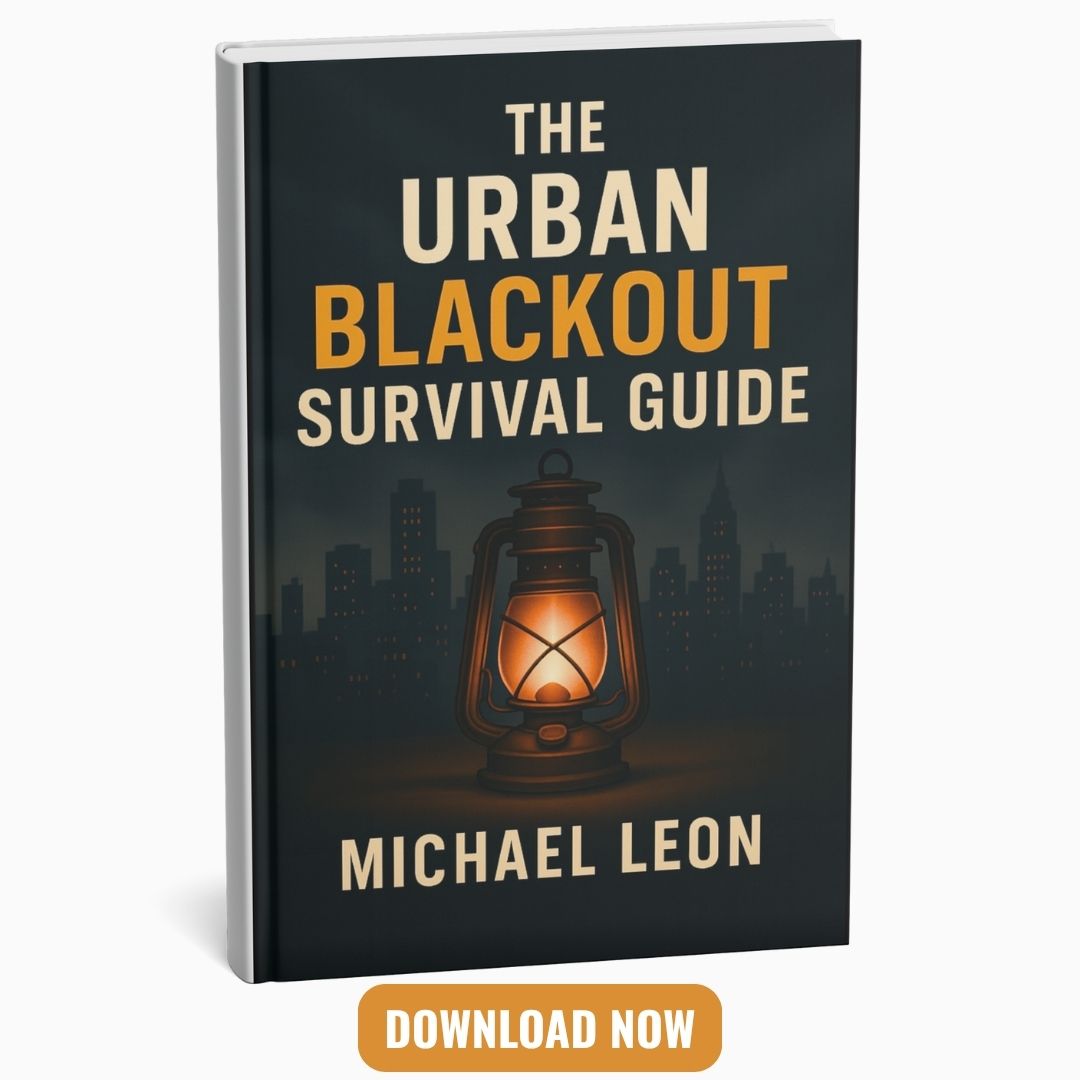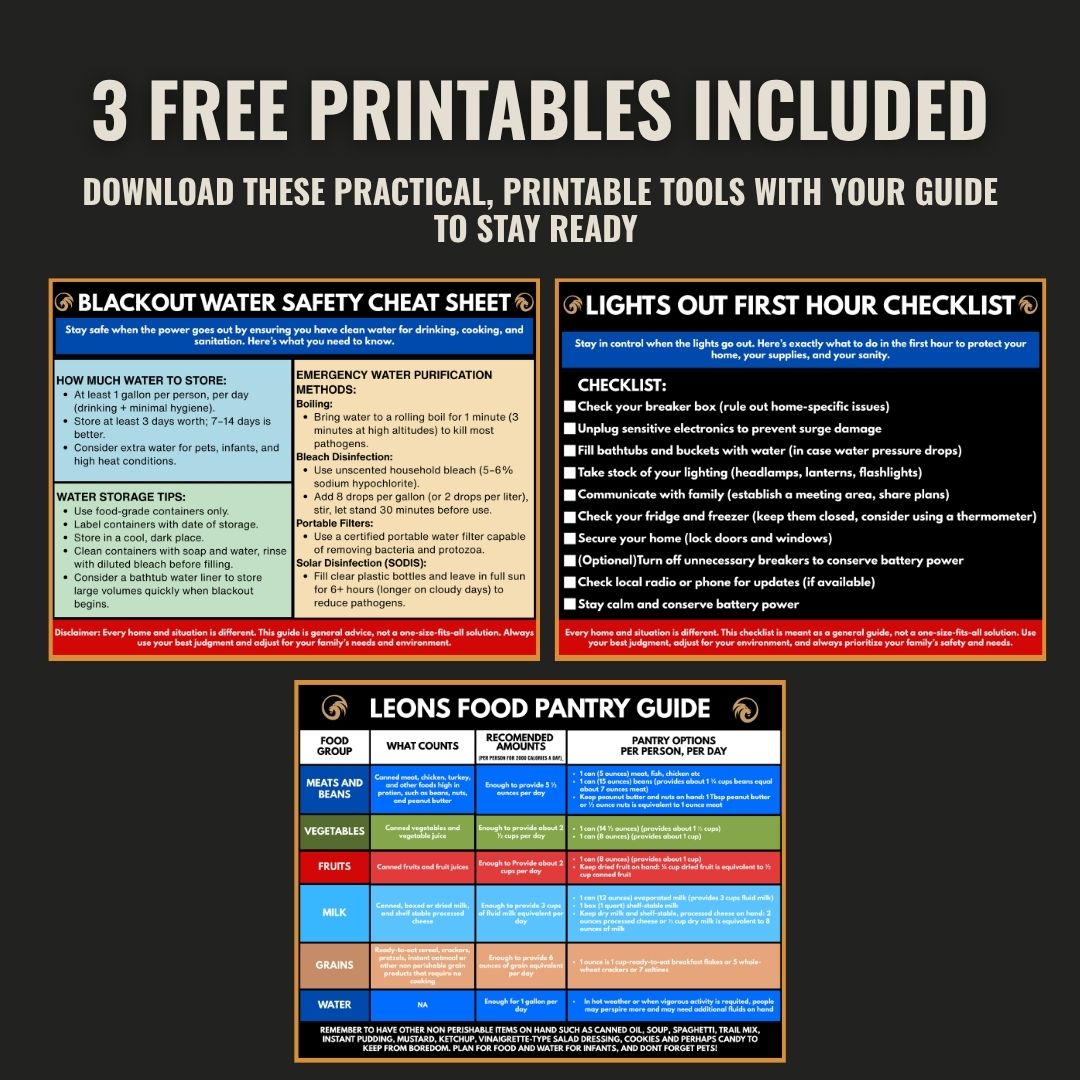
What Happens When the Power Goes Out
Share
What Happens When the Power Goes Out
Most folks don’t think much about what a blackout really means until it happens. We flip a switch, and nothing. No lights, no hum of the fridge, no AC kicking on when the room heats up.
If you’ve never been through a long power outage, here’s what actually happens, and why it pays to have a plan before the lights go out.
1️⃣ Your Lights Go Out, But So Does a Lot More
Obviously, you lose your lights. But it’s not just your lamps and overhead bulbs. Streetlights go out too, which means your neighborhood gets real dark, real fast.
2️⃣ Your Fridge and Freezer Stop Working
A fridge will keep food cold for around 4 hours if you leave it closed. A full freezer might last 24–48 hours. After that, you’re looking at spoiled food and wasted money if you’re not ready to cook or eat it quickly.
3️⃣ Water Can Stop Flowing
In some places, water keeps flowing for a while, but if the outage is widespread or affects pumping stations, you could lose water pressure, or the water coming through your pipes might not be safe to drink.
4️⃣ Heating and Cooling Systems Shut Down
In the winter, no power means no furnace or electric heaters. In the summer, your AC or fans won’t run. Your home can get dangerously cold or hot depending on the season, which is a real problem for kids, older folks, or pets.
5️⃣ Cell Towers and Internet May Go Down
Even if your phone still has a charge, local cell towers might lose backup power after a while. That means limited or no cell service and no Wi-Fi, making it harder to get updates or contact others.
6️⃣ Safety Concerns Increase
When the lights are out, it’s easier for break-ins to happen, and emergency services may be slower to respond if roads are blocked or communication systems are down.
The Bottom Line
A blackout is more than just an inconvenience. It can affect your water, food, comfort, safety, and ability to get help if you need it.
That’s why it pays to have a plan. A few simple steps—like having water stored, no-cook food on hand, a lantern ready, and a way to stay warm or cool—can make a blackout a lot less stressful.
Want a Simple Plan?
If you want a clear, practical plan for handling blackouts without wasting time or money, check out The Urban Blackout Survival Guide. It’s a no-nonsense guide that helps you get ready, even if you live in an apartment or you’re on a tight budget.



